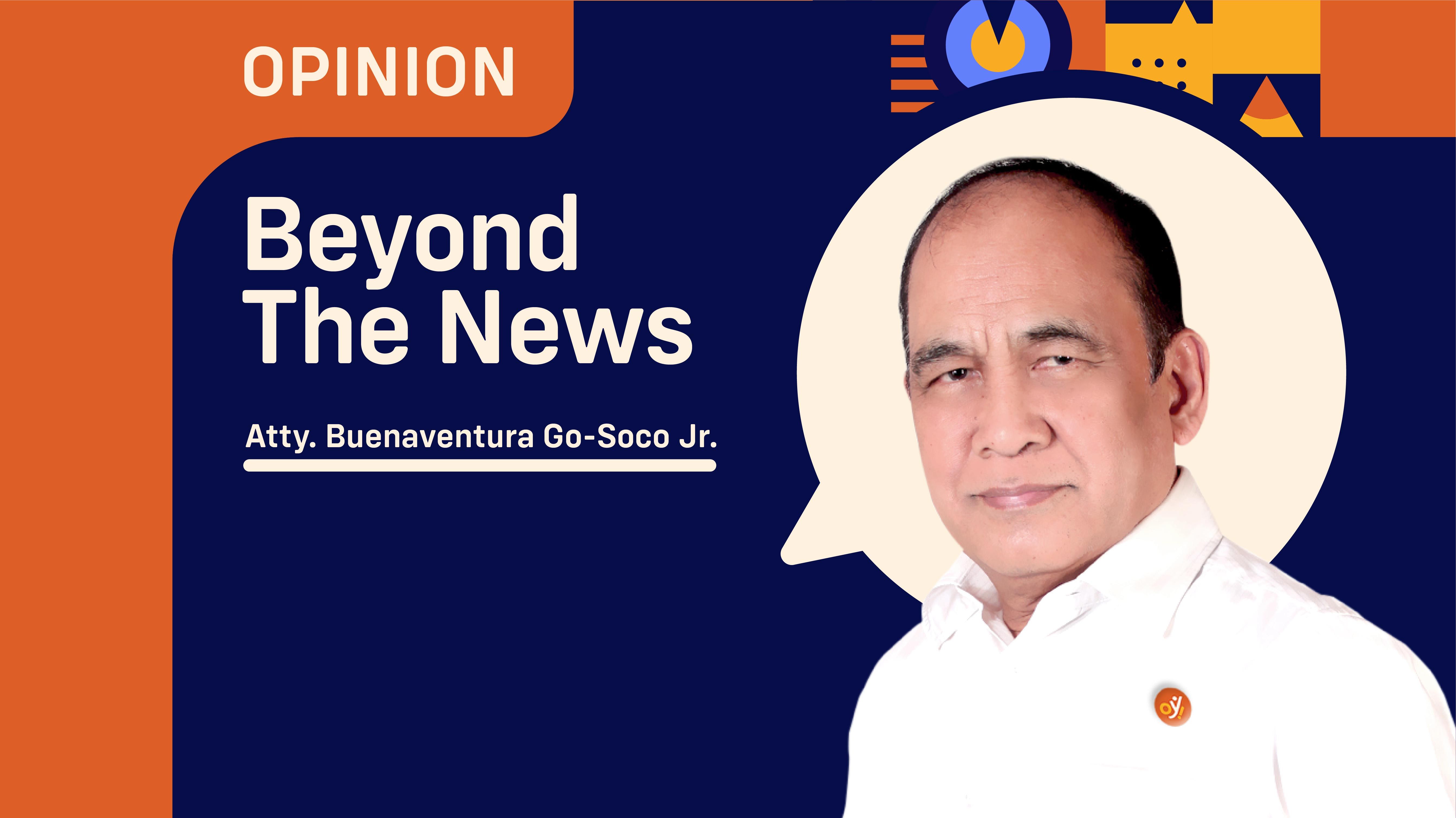Politics are almost as exciting as war, and -- quite as dangerous ... In war, you can only be killed once. But in politics many times – Winston Churchill.
With the next presidential election fast approaching, the smell of politics is again in the air.
The excitement, as revealed in surveys, has begun.
Fast forward to the May 2022 election. An important question is: will the voters consider in their choices the effects of the pandemic on their lives?
In the November 2020 US elections, it did.
A research team headed by Leonardo Baccini concluded in an article published in the Journal of Population Economics that then-President Donald Trump would likely have won re-election if COVID-19 cases had been 5 percent lower.
They also found some evidence that the COVID-19 incidence positively affected voters' mobilization, helping Sen. Joe Biden win the presidency.
In another study by a group led by Helios Herrera (November 2020), entitled “The political consequences of the COVID pandemic: Lessons from cross-country polling data," the conclusion reached is that the COVID -19 pandemic had significant political consequences.
The study notes that “the balancing act of curbing the spread of the virus and re-opening the economy has been a particularly high-profile challenge for policymakers.
Governments are punished in terms of political approval when COVID-19 infections accelerate, particularly in the absence of effective lockdown measures.
Economic indicators, in contrast, do not appear to be strong predictor of politics. It is possible that, looking ahead, the link between approval and health outcomes will change and/or that economic outcomes will matter more. “
This outcome could happen if we are to believe the assessment of an organization that is a well-known critic of the administration of President Rodrigo Duterte.
Emerlynne Gil, Amnesty International's Deputy Regional Director, observes that "over a year into the pandemic, the Philippine government’s continued failure to ensure an adequate response is a serious human rights issue.
The authorities must provide healthcare without discrimination using their maximum available resources.”
“Specific measures to protect those most affected, including health workers and those most at-risk, must be taken without further delay. Furthermore, the government must stop attacking human rights defenders and activists, a practice that only makes a dire situation worse”, Ms. Gil added.
In addition, critics point out that military officers lead the government's pandemic response rather than public health experts. In addition, the P19 billion (393 million USD) budget of the National Task Force to End Local Communist Armed Conflict (NTF-ELCAC) has also led to the position that this huge budget represents a misallocation of resources amid a pandemic.
In a global context, the COVID-19 pandemic is affecting politics all over the world.
For example, an analysis by the Institute for the Study of Labor, with headquarters in Germany, stated that from February 2020 to April 2021, at least 78 countries and territories worldwide have decided to postpone national and subnational elections due to COVID-19.
On the other side of the spectrum, at least 117 countries and territories chose to hold elections despite concerns related to COVID-19.
The Institute also observed that "many governments around the world have restricted human rights and civil liberties, and use the pandemic as a pretext for repressive measures against critical or opposition voices or religious, ethnic or sexual minorities."
So how will the COVID-19 pandemic affect next year’s Presidential elections?
Studies done abroad say it harmed the administration candidates.
However, this is the Philippines. We are unique, maybe one-of-a-kind. Have you ever heard of the phrase "only in the Philippines"?
We can observe how the administration and the opposition are positioning themselves. Whatever they do, we can be sure that they are conscious about their image come election time.
Many things can happen between today and the elections in May 2022. In the meantime, this quote might refer to something familiar:
The United States brags about its political system, but the President says one thing during the election, something else when he takes office, something else at midterm, and something else when he leaves - Deng Xiaoping, a Chinese revolutionary, and statesman. He served as the paramount leader of the People's Republic of China from December 1978 to November 1989.
